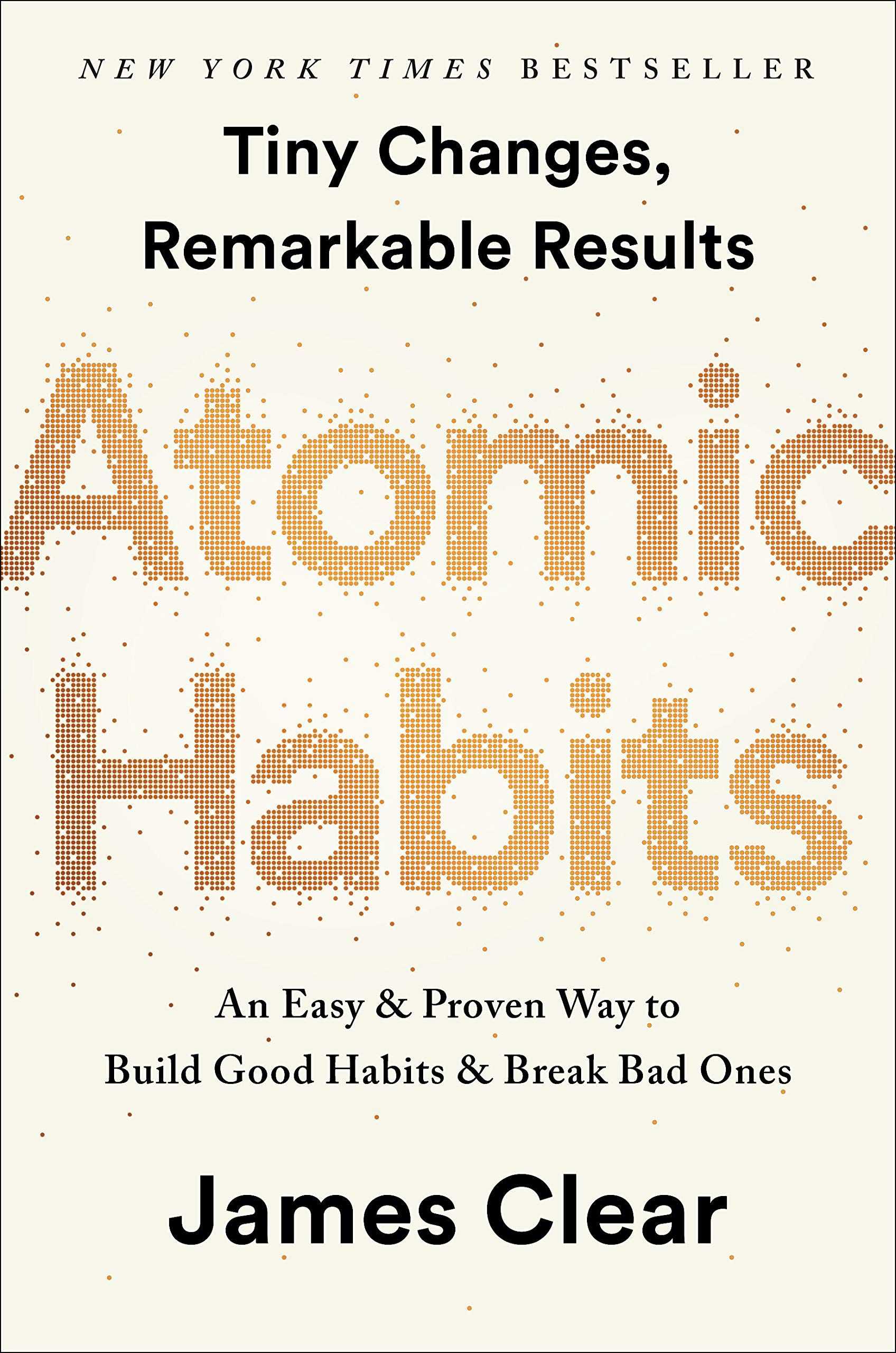30 Highlights
When nothing seems to help, I go and look at a stonecutter hammering away at his rock, perhaps a hundred times without as much as a crack showing in it. Yet at the hundred and first blow it will split in two, and I know it was not that last blow that did it—but all that had gone before.
Jacob Riis
Goals are about the results you want to achieve. Systems are about the processes that lead to those results.
When you solve problems at the results level, you only solve them temporarily. In order to improve for good, you need to solve problems at the systems level. Fix the inputs and the outputs will fix themselves.
You do not rise to the level of your goals. You fall to the level of your systems.
Your behaviors are usually a reflection of your identity. What you do is an indication of the type of person you believe that you are—either consciously or nonconsciously.
I didn’t start out as a writer. I became one through my habits.
Many people think they lack motivation when what they really lack is clarity.
People often choose products not because of what they are, but because of where they are.
In 1936, psychologist Kurt Lewin wrote a simple equation that makes a powerful statement: Behavior is a function of the Person in their Environment, or B = 𝑓(P,E).
One of the most practical ways to eliminate a bad habit is to reduce exposure to the cue that causes it.
We don’t choose our earliest habits, we imitate them.
One of the most effective things you can do to build better habits is to join a culture where your desired behavior is the normal behavior.
Your habits are modern-day solutions to ancient desires. New versions of old vices.
The best is the enemy of the good.
Voltaire
Your goal might be to run a marathon, but your gateway habit is to put on your running shoes.
Sometimes success is less about making good habits easy and more about making bad habits hard.
The dark side of tracking a particular behavior is that we become driven by the number rather than the purpose behind it.
In short, we optimize for what we measure. When we choose the wrong measurement, we get the wrong behavior. This is sometimes referred to as Goodhart’s Law. Named after the economist Charles Goodhart, the principle states, “When a measure becomes a target, it ceases to be a good measure.”
In our data-driven world, we tend to overvalue numbers and undervalue anything ephemeral, soft, and difficult to quantify. We mistakenly think the factors we can measure are the only factors that exist. But just because you can measure something doesn’t mean it’s the most important thing. And just because you can’t measure something doesn’t mean it’s not important at all.
In general, the more local, tangible, concrete, and immediate the consequence, the more likely it is to influence individual behavior. The more global, intangible, vague, and delayed the consequence, the less likely it is to influence individual behavior.
Genes can predispose, but they don’t predetermine.
Gabor Mate
While there is still much to learn, one of the most consistent findings is that the way to maintain motivation and achieve peak levels of desire is to work on tasks of “just manageable difficulty.”
The Goldilocks Rule states that humans experience peak motivation when working on tasks that are right on the edge of their current abilities. Not too hard. Not too easy. Just right.
The greatest threat to success is not failure but boredom.
As Machiavelli noted, “Men desire novelty to such an extent that those who are doing well wish for a change as much as those who are doing badly.”
The only way to become excellent is to be endlessly fascinated by doing the same thing over and over. You have to fall in love with boredom.
However, the benefits of habits come at a cost. At first, each repetition develops fluency, speed, and skill. But then, as a habit becomes automatic, you become less sensitive to feedback. You fall into mindless repetition. It becomes easier to let mistakes slide. When you can do it “good enough” on autopilot, you stop thinking about how to do it better.
In the words of investor Paul Graham, “keep your identity small.” The more you let a single belief define you, the less capable you are of adapting when life challenges you.
Men are born soft and supple; dead, they are stiff and hard. Plants are born tender and pliant; dead, they are brittle and dry. Thus whoever is stiff and inflexible is a disciple of death. Whoever is soft and yielding is a disciple of life. The hard and stiff will be broken. The soft and supple will prevail.
Lao Tzu
Success is not a goal to reach or a finish line to cross. It is a system to improve, an endless process to refine.
